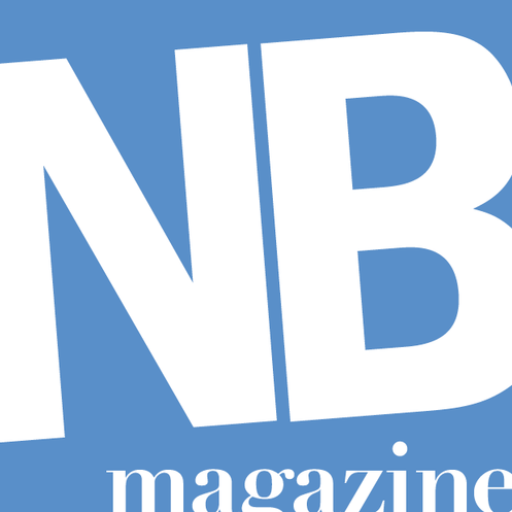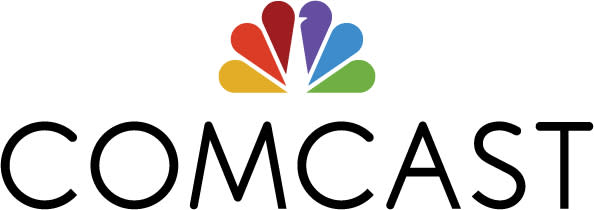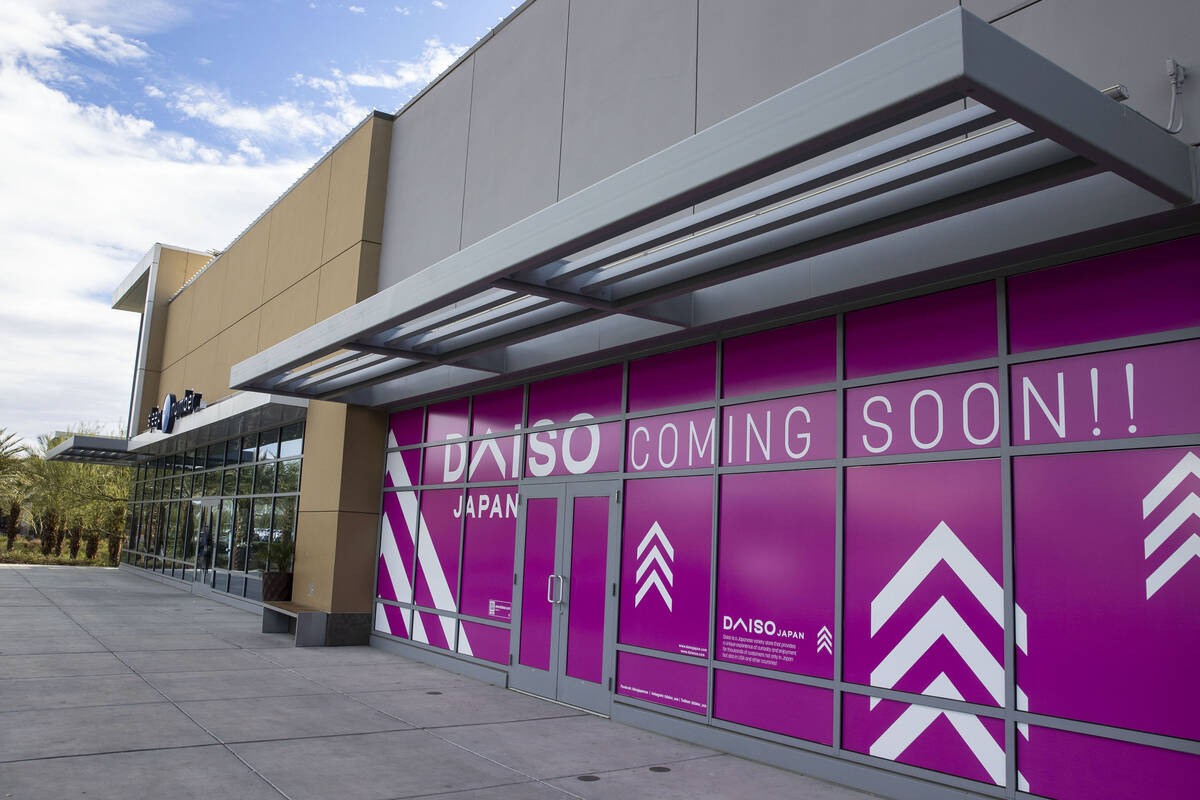When the coronavirus pandemic sparked retail hoarding and other chaos last year, job losses in the U.S. skyrocketed as companies closed their doors and people stayed home fearing infection.
Many workers have since returned to their jobs, but meanwhile Las Vegas has been ground zero for America’s financial troubles with COVID-19.
As a place that relies on masses of people who come here, often by plane, to spend money, to eat, drink, play, party and network in a confined space, the economy became down from Las Vegas by the virus outbreak.
Visitor numbers plummeted, gambling income collapsed, and convention centers grew dark.
At some point every third person in the valley was unemployed.
“These are not companies that can move into a virtual world,” said Mary Beth Sewald, President and CEO of Vegas Chamber.
“Vulnerable” economy
The aftermath was the second time in a decade that southern Nevada was among the hardest hit the country during a global economic downturn, though its recovery could be shorter this time if the coronavirus is soon eradicated and people are starving for vacation after it have been bogged down at home for months, observers said.
Still, the meltdown was another reminder that Las Vegas needs to better diversify its employer base and wean itself from casinos and recreational spending, analysts said.
“We have one of the most fragile economies in the country,” said Las Vegas consultant John Restrepo, director of RCG Economics.
Las Vegas’s unemployment rate, which was just 3.9 percent in early 2020, rose to 34 percent in April after Governor Steve Sisolak ordered casinos and other businesses to shut down in Nevada to help contain the spreading novel coronavirus.
Resorts and other businesses have since reopened, but Las Vegas’s December unemployment rate was 10.4 percent, the highest in the country among major metropolitan areas, federal data shows.
The riot has caused officials to look for ways to diversify Las Vegas’ economy, according to Kris Sanchez, assistant director of the governor’s economic development office.
Founded a decade ago after the Great Recession devastated Nevada’s economy, GOED has created a working group of officials from local governments, utilities, and other organizations to focus on the Las Vegas area.
The goal of the Southern Nevada Strategic Infrastructure Working Group is to “identify infrastructure projects that will fuel the growth of new industries” and support long-term job growth, according to the GOED website.
Companies outside the tourism industry, especially distributors, have settled in southern Nevada in recent years, in many cases supported by government tax breaks.
The economy “gradually became more diverse,” with growth in target industries such as corporate headquarters, logistics and healthcare, but “much of our positive momentum stalled after the pandemic broke out,” said Jonas Peterson, President and CEO of Las Vegas Global Economic Alliance, a business booster.
Still, the Las Vegas workforce is dominated by hospitality workers.
Early last year, before the pandemic broke out, around 28 percent of the Las Vegas area’s labor market was in the recreational and hospitality sectors, by far the largest source of jobs, compared with 11 percent nationwide in the industry, according to state and state data.
“The pandemic was a big wake-up call for southern Nevada,” said Sewald of the Vegas Chamber.
“That could happen again”
Las Vegas spent years recovering from the Great Recession and real estate collapse about a decade ago, a crisis fueled by easy lending and hyperinflated property values. However, its current recovery “all depends on what happens to the virus,” said Stephen Miller, director of the UNLV’s Center for Business and Economic Research.
He reckons that the unemployment rate in Las Vegas could drop below 5 percent by next year if the coronavirus is brought under control.
Jeremy Agüero, a director of Applied Analysis consulting firm in Las Vegas, believes recovery won’t be slow because people are tired of being stuck at home and wanting to travel somewhere.
However, he noted that the revitalization of the convention industry will not happen overnight as conference organizers need time to plan the gatherings and that the “long arc” of COVID will hang over the economy.
“It will continue to be a problem,” he said.
RCG Economics ‘Restrepo stated that tourism will remain an important part of Las Vegas’ economy and will give the Valley a “competitive advantage” in the industry.
What people shouldn’t do, he said, is that at some point, “the party hats and the pompoms” will break out, “We’re back!”. and dismiss COVID as a “short term deviation” as another public health crisis could emerge in the future.
“That could happen again,” he said.
Contact Eli Segall at esegall@reviewjournal.com or 702-383-0342. Follow @eli_segall on Twitter.













